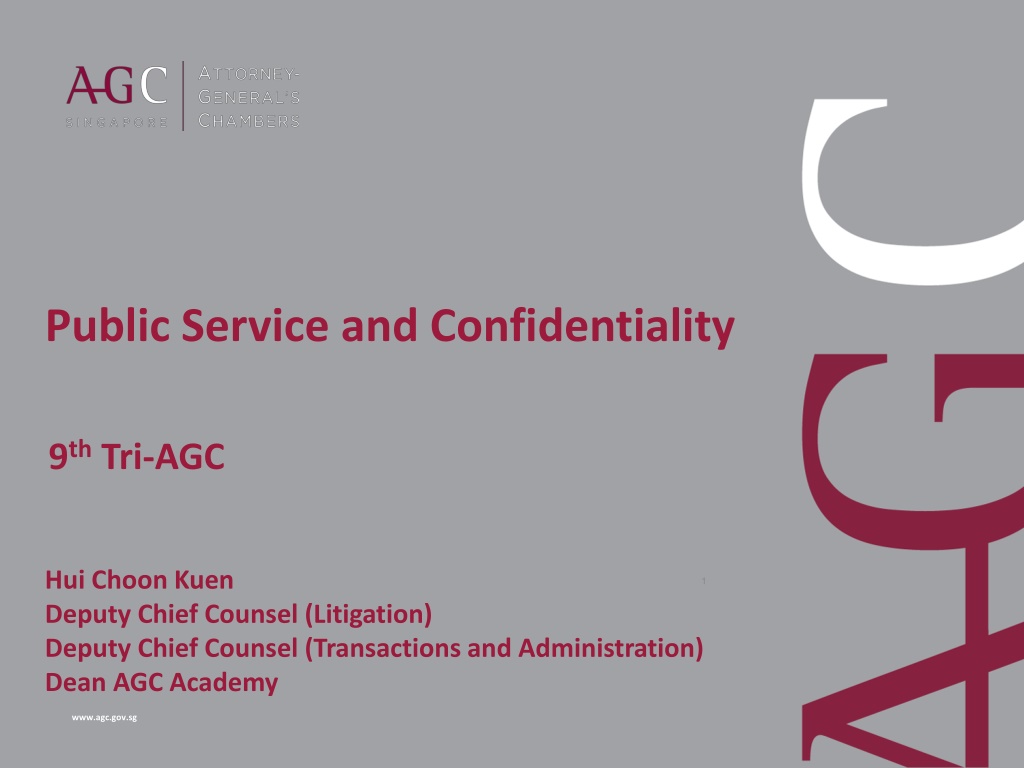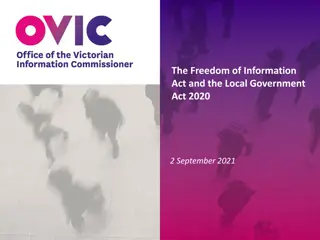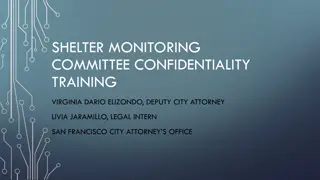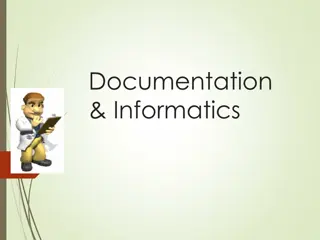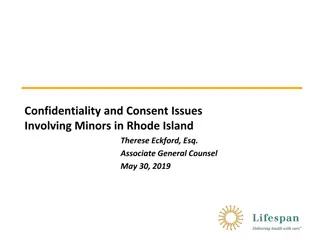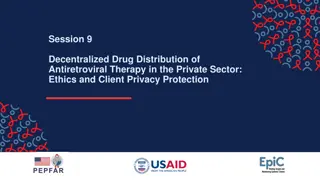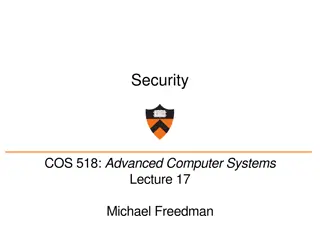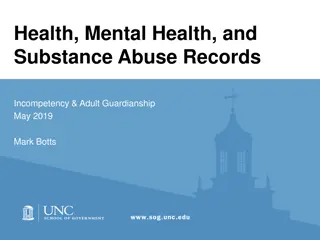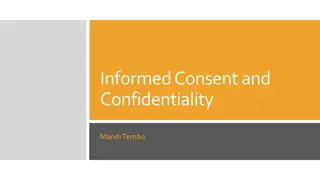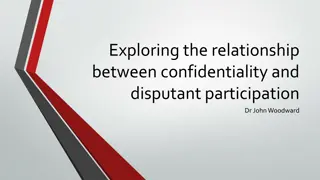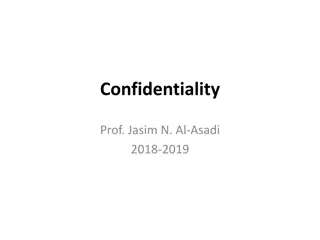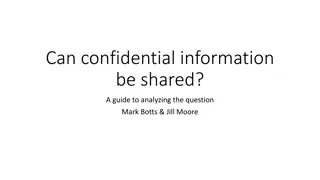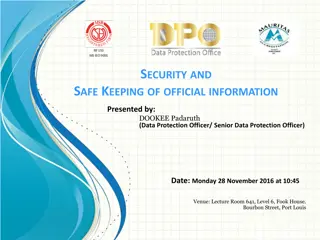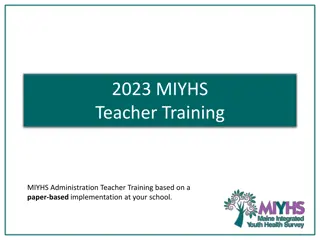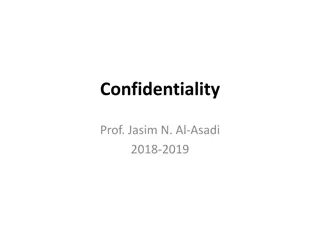Public Service and Confidentiality Guidelines
Government needs to balance sharing information for citizen-centric services while respecting confidentiality rules. Strategies include making information non-confidential, obtaining consent, and justifying sharing in the public interest.
Download Presentation

Please find below an Image/Link to download the presentation.
The content on the website is provided AS IS for your information and personal use only. It may not be sold, licensed, or shared on other websites without obtaining consent from the author. Download presentation by click this link. If you encounter any issues during the download, it is possible that the publisher has removed the file from their server.
E N D
Presentation Transcript
Public Service and Confidentiality 9th Tri-AGC Hui Choon Kuen Deputy Chief Counsel (Litigation) Deputy Chief Counsel (Transactions and Administration) Dean AGC Academy 1 www.agc.gov.sg
Government needs to share information in order to deliver citizen-centric services
However, the general rule is that confidential information obtained for a certain purpose cannot be used for other purposes without consent If obtained under exercise of statutory power, cannot use for an extraneous purpose If not obtained under exercise of statutory power, there is still common law duty of confidentiality
(1)Make the information non-confidential (2)Provide by statute for the power to obtain confidential information (3)Obtain consent to share confidential information at point of collection (4) Justify sharing in the public interest (5)Share for the purpose and to the extent necessary for the performance of a public duty or enabling some other public body to perform its public duty
Confidential information of an individual loses it quality of confidentiality when the individual cannot be identified Anonymize the information aggregation, de-identification and pseudonymisation of data 6
(2) Provide by statute for the power to collect confidential information 7
Terms and Conditions I agree that [name of Government Department] may share the data I provide with other Government agencies so as to improve the discharge of public functions to me. I further agree that my data may be shared with non-Government entities where such entities have been authorised to carry out specific Government services in relation to me. 11
Opt-out consent clauses (a) a user s inaction or silence is at best equivocal as to his true intentions; (b) there is no proof that users have read, understood and consented to the terms of use; and (c) members of the public may object to an opt-out approach and challenge their alleged consent on the basis that they were not aware of nor did they actually give their consent. 12
Balancing the public interest in maintaining the confidentiality of the information against the countervailing public interest in disclosing the information AG v Guardian Newspapers [1988] All ER 545, per Lord Goff: although the basis of the law s protection of confidence is that there is a public interest that confidences should be preserved and protected by the law, nevertheless that public interest may be outweighed by some other countervailing public interest which favours disclosure. 14
(5) Sharing is for the purpose and to the extent necessary for performance of a public duty or enabling some other public body to perform its public duty 15
When, in the course of performing its public duties, a public body (such as a police force) comes into possession of information relating to a member of the public, being information not generally available and potentially damaging to that member of the public if disclosed, the body ought not to disclose such information save for the purpose of and to the extent necessary for performance of its public duty or enabling some other public body to perform its public duty. R v Chief Constable of North Wales Police ex p AB [1997] 3 WLR 724 16
Thank You 19
